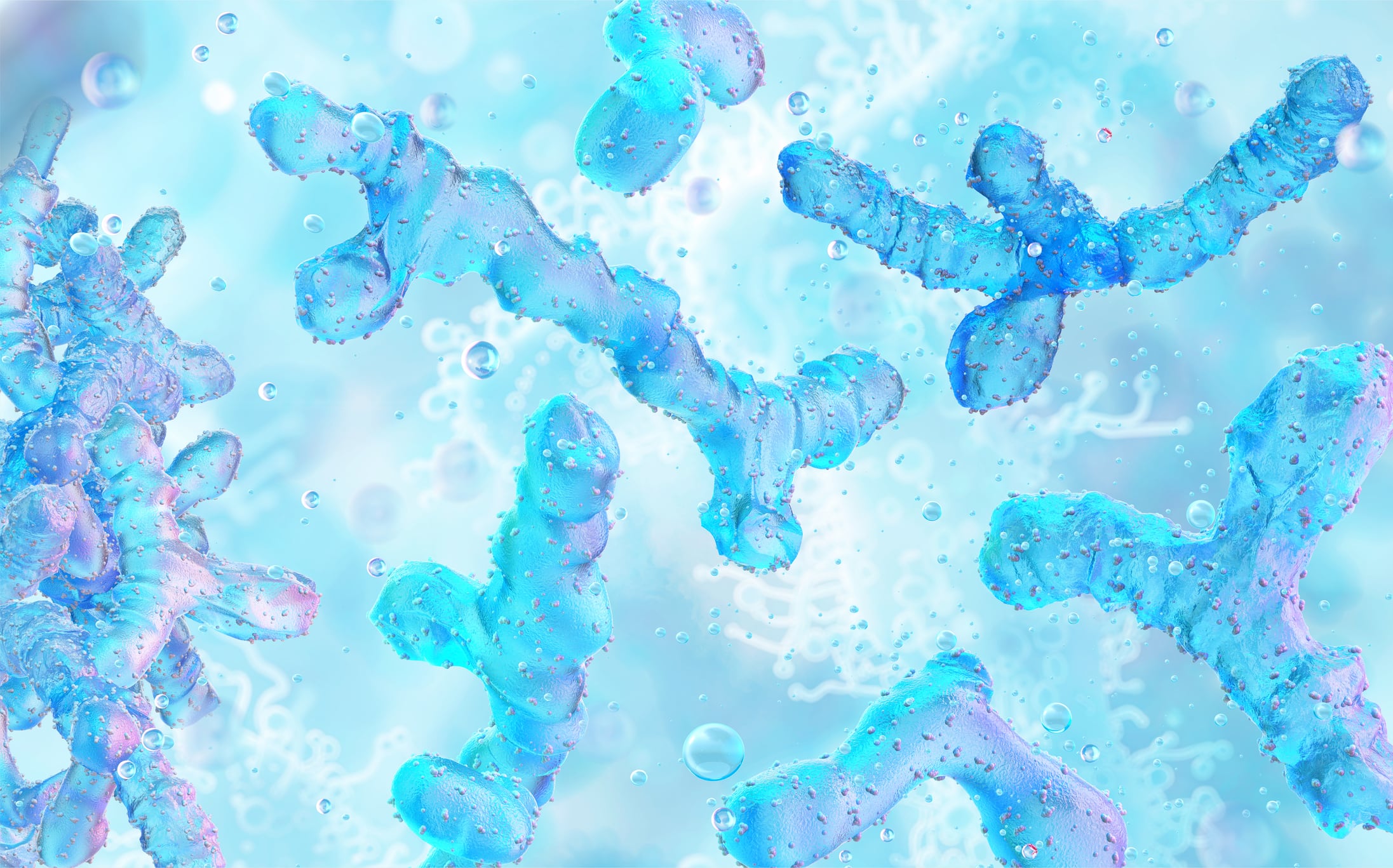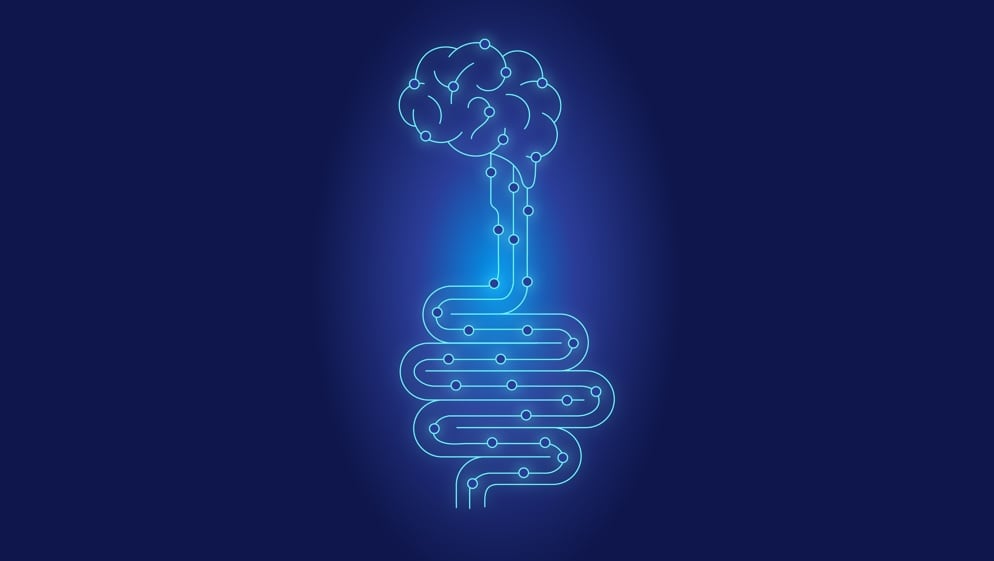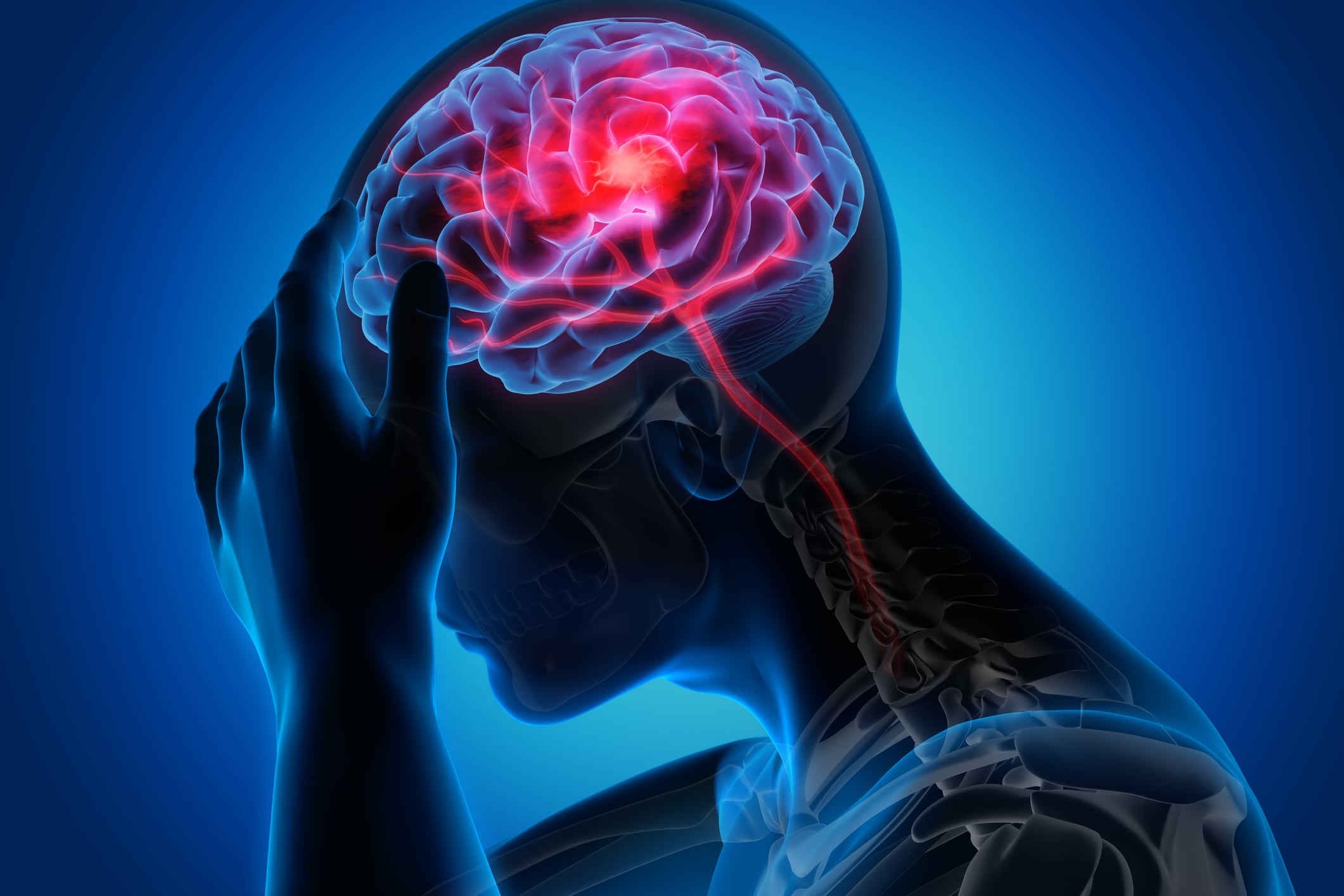Writing in Current Research in Microbial Sciences, researchers found that the bacterium’s cell wall could directly affect the immune system by inducing the anti-inflammatory compound IL-10 while also reducing secretion of proinflammatory compounds such as IP-10, TNF-alpha, and IL-1beta.
The strain was also found to produce and metabolize tryptophan, a key building block for making serotonin and melatonin for regulating mood and sleep.
“Our results show that B. longum 1714 has significant effects on the innate immune system and these effects may be mediated partially via cell surface associated macromolecules and secreted immunomodulatory and neuroprotective metabolites,” wrote researchers, led by David Groeger, innovation science manager at Novonesis, which commercializes the strain as ProbioBrain.
The strain won the 2025 Mind and Mood Ingredient of the year at the NutraIngredients-Europe Awards.
Gut-brain axis
The microbiota-gut-brain axis, the bidirectional interaction between the GI tract and the nervous system, is gaining increasing attention from researchers and the public, with a 2021 survey by FMCG Gurus revealing that 45% of consumers associated probiotics with cognitive health. The axis implicates the ability of specific strains to produce key neurotransmitters like GABA (gamma-aminobutyric acid), serotonin and dopamine, or their precursors.
B. longum 1714 was first isolated from intestinal tissue of elderly healthy individuals by researchers at University College Cork.
The strain is supported by many pre-clinical and clinical studies, including a randomized, double-blind, placebo-controlled clinical trial with 89 healthy adults that found that eight weeks of supplementation with ProbioBrain led to significant improvements in measures of sleep quality, daytime functioning, and energy/vitality (Scientific Reports, 2024, E. Patterson, et al.).
Another randomized, placebo-controlled, repeated measures, cross-over intervention study found that B. longum 1714 improved sleep measures in 20 healthy male students during a stressful university exam period (Brain, Behavior, & Immunity – Health, 2020, G.M. Moloney, et al.).
Earlier studies from 2016 and 2019 indicated that the strain could also improve memory while also reducing stress and mental fatigue.
Novonesis’ Groeger told NutraIngredients: “The beneficial effects of ProbioBrain on mental wellness—such as its ability to reduce stress responses, improve sleep quality, and enhance brain activity—have been documented in previous publications. However, until now, the direct mechanisms underlying these benefits have not been communicated.
“This publication (Groeger et al., 2025) represents the culmination of 15 years of in silico, in vitro, and in vivo research. It builds on previous studies of Bifidobacterium longum 1714 by identifying specific metabolic and immune-modulating mechanisms that could mediate its gut-brain effects. This new paper offers a detailed, mechanistic understanding of how these benefits are achieved, with significant implications for the gut-brain category."
New study
The new study, which used in vitro cell models and studies with mice and humans, deepens our understanding of how probiotics can modulate host responses to support immune regulation and overall well-being, including mental well-being.
In the human cell studies, B. longum 1714 was found to reduce proinflammatory cytokine responses in stimulated peripheral blood mononuclear cells (PBMCs).
In mouse studies, the researchers induced inflammation in different ways, including using LPS (lipopolysaccharide, a molecule found on certain bacteria), or stress (exposing the animals to stressful situations), or obesity (feeding the mice a high-fat diet induces obesity which causes a constant state of inflammation). Some of the mice in each experiment were fed B. longum 1714.
The results from these studies showed that the probiotic reduced excessive pro-inflammatory cytokine responses in all three models of inflammation.
B. longum 1714 produced tryptophan and indole lactic acid (ILA) in vitro, and ILA directly reduced TLR-induced proinflammatory cytokine secretion and NF-κB activation.
Analysis of data from the 2024 human study (Patterson, et al.) revealed that B. longum 1714 increased plasma levels of tryptophan and kynurenic acid (a metabolite of the tryptophan pathway that acts as a neuromodulator in the brain).
“The immunoregulatory effects of Bifidobacterium longum were shown using in vitro experiments measuring cytokines, cell surface costimulatory and regulatory molecule expression, and in murine models measuring cytokines and the activity of the transcription factor NF-κB,” wrote the researchers.
Significant implications for the gut-brain category
Groeger told NI that a limited number of probiotics significantly impact mental health, yet the mechanisms behind this effect remain poorly understood. By identifying specific metabolites, such as ILA (Indole-3-lactic acid) and tryptophan, along with immunomodulatory compounds like EPS (exopolysaccharide), this research establishes a direct mechanistic link that explains the immunomodulatory and neurological benefits previously observed in human trials, he said.
“These benefits include increased tryptophan levels—an essential building block for serotonin, which plays a fundamental role in regulating mood and sleep. This further strengthens the connection between the strain’s activity in the gut and its impact on systemic neuroactive pathways," he added.
Groeger said the findings of the new study carry significant implications for the gut-brain category:
“Move beyond ‘black box’ effects: The research identifies specific mechanisms—EPS (exopolysaccharide) and tryptophan production—shifting the focus from correlations to causation and emphasizing strain-specific studies," he said.
“Drive precision psychobiotics: Identifying bioactive compounds enables targeted product development, allowing future psychobiotics to deliver specific metabolites and prioritize strains that produce these compounds.”
Source: Current Research in Microbial Sciences, Volume 9, 100481, doi: 10.1016/j.crmicr.2025.100481. “Complementary immunoregulatory effects of Bifidobacterium longum 1714 associated exopolysaccharide and tryptophan metabolism”. Authors: D. Groeger, et al.




